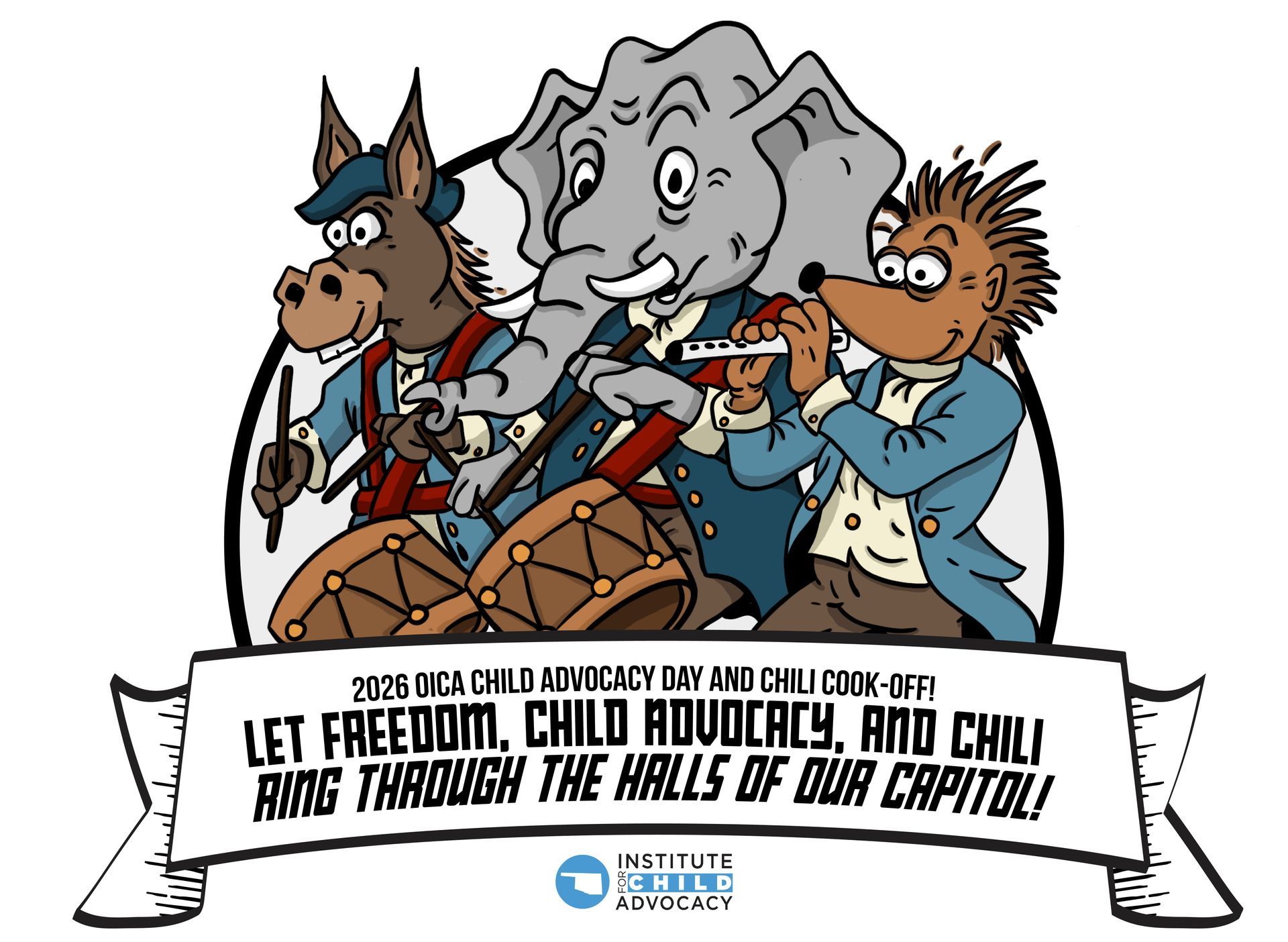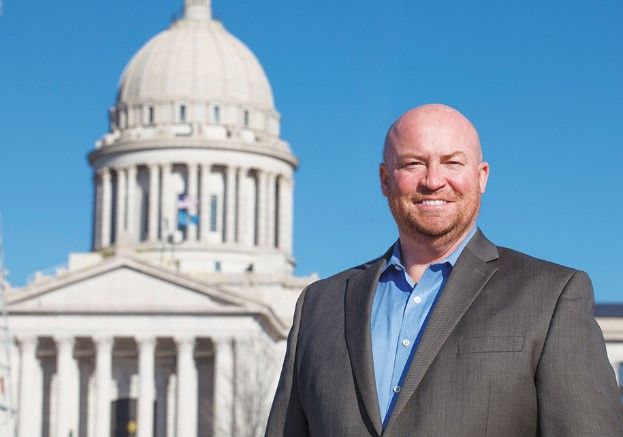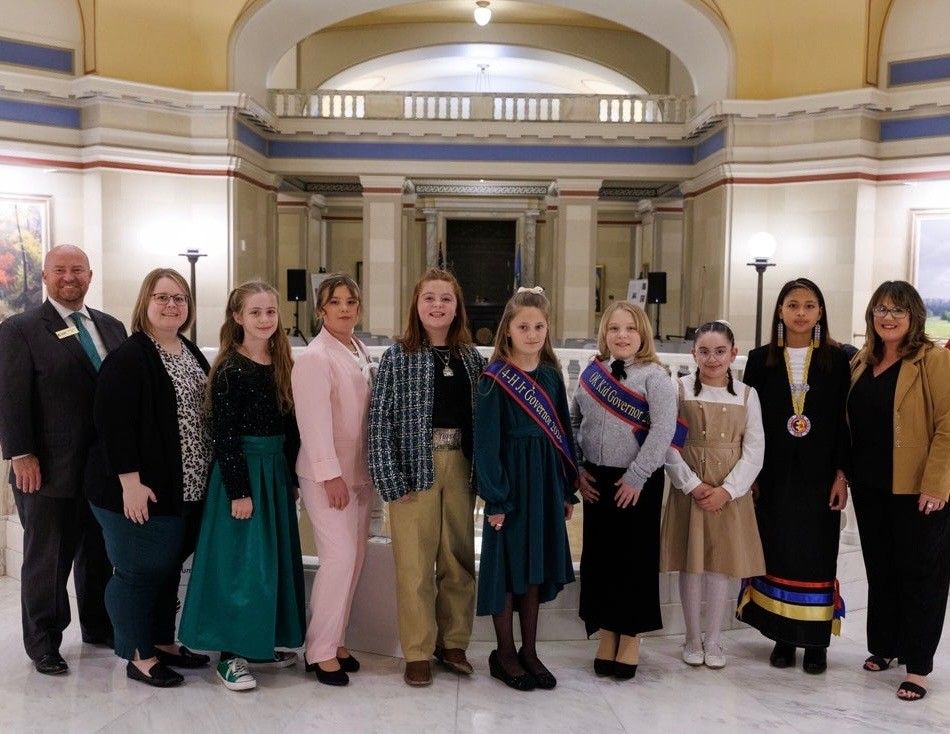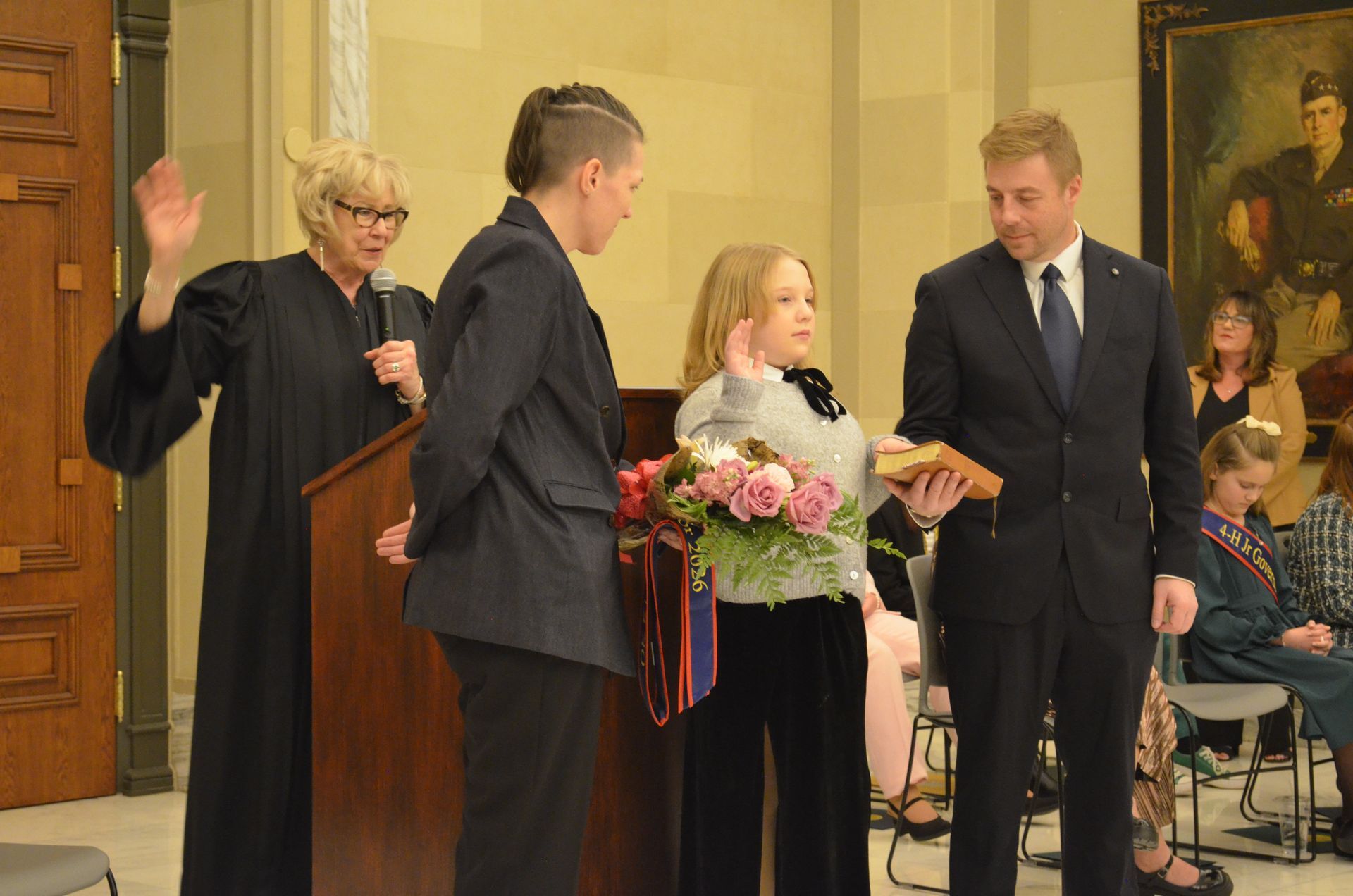By Joe Dorman
•
January 12, 2026
Supreme Court Justice Oliver Wendell Holmes Jr. famously stated, “Taxes are what we pay for civilized society.” This quote illustrates that taxation is a necessary component to fund public services, infrastructure, and a collective well-being that defines a functional and civilized society. In Oklahoma, we have a tax structure unlike any found in the United States. Our different levels of government rely upon separate tax collections for providing services. For state government services, some major sources of the $12,180,552,061.03 collected in tax collections include: • Individual Income Tax: The single largest source of state government revenue. In Fiscal Year 2025, collections were estimated to be $5,199,756,734.11. • General Sales Tax: The second largest source of state collections was recently modified when the state eliminated this tax specifically on groceries, which was at a rate of 4.5% on those items, which is expected to reduce state revenue by $418 million per year. $2,788,283,516.29 was collected in the last fiscal year. • Alcohol and cigarette taxes: Revenue generated from these two taxes totaled $271,221,152.24 • Gross Production Tax (Severance Tax): A tax on the extraction of natural resources like oil and natural gas. In FY-2025, $1,041,709,252.19 was collected. You can review the wide variety of taxes collected by the state at https://oklahoma.gov/tax/reporting-resources/statistics.html#ca and also where the funds go if it is not to the General Revenue Fund, which is allocated by lawmakers and the governor. Local governments (counties, cities, towns, and school districts) primarily rely upon different revenue streams than the state for delivering services, which includes: • Local sales tax is used by cities and counties at a rate above the percent charged by the state. This generally serves as the major funding source for municipal operations. Oklahoma is unique in that many municipalities must rely on sales taxes as their primary revenue source for general operations. • User charges are fees for services like water, electricity, and sewer utilities which provide a significant revenue source for municipalities. • Intergovernmental revenue: Local governments also receive significant funding from the state (e.g., shared motor vehicle and motor fuel taxes) and allocated federal government funds. Both the state and several local jurisdictions also have agreements with Native American tribal governments within Oklahoma to help fund a variety of improvements and services. • Property taxes are used almost exclusively by school districts and counties; cities can use their allotment to pay off bonded indebtedness approved by voters. State government is prohibited from levying property taxes. Why is knowing this information important? A group is circulating a petition to send to a vote of the people a state ballot question to eliminate property taxes for homeowners. Under their plan, homeowners’ property taxes would be cut by one-third in 2027, another third in 2028, and eliminated entirely by 2029 for homesteads, removing $1.2 billion from local governments. In FY 2024, overall property taxes, which include the taxes paid by homeowners, businesses (including rental property), commercial enterprises, and farming operations, brought in $3.9 billion for schools and county governments and made up at least half of the budget in 62 of Oklahoma’s 77 counties. Last week, Canadian County officials stated that about 85 percent of their property tax collections went to fund schools in their county. This will fluctuate per county depending upon the types of property, but each would face a significant shortfall for providing public schools and services should this question make it to the ballot and pass by a vote of the people. So, what will make up lost revenue if people want to retain their public schools? One of the petition organizers questioned whether Oklahomans would even want these services, saying the Legislature would need to approve other funding if Oklahomans wanted to continue the services. As Justice Holmes puts it, consider what parts of services provided do you want eliminated should this pass, and what other taxes you would want raised to not see a decline in our society.













